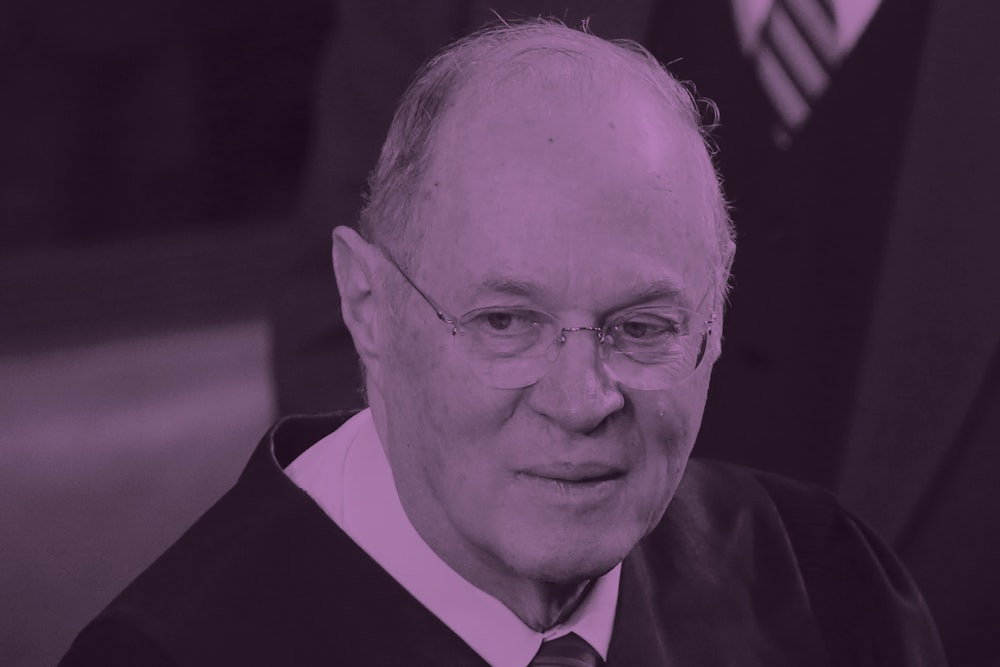A tourist treading the streets of ancient Pompeii might well notice, viewing the buildings still extant there, that Roman dwellings, lacking in windows of any kind, were oriented entirely inward, toward a central courtyard surrounded by individual rooms. This architecture suggests how highly the ancient Romans must have valued the privacy of family life, its separation from the hurly-burly of the social world outside.
But the Romans equally prized the opposite realm, the res publica, or “public thing,” where matters of concern to the community as a whole were addressed: the realm of politics. This is the origin of the term republic, and of republican political philosophy, which the Romans inherited from their Athenian predecessors. Aristotle defined the human being as the political animal, and republican practice requires the active involvement of citizens in political life. A republic is, above all, a self-governing community.
The philosophy of liberalism emerged much later, during the waning of the Middle Ages, when individuals began to see themselves as individuals, in the modern sense, and to engage in freeing themselves as such from various forms of constriction and oppression—monarchial rule in political realms, feudal control of the economy, the Roman Church’s monopoly over the intellectual sphere—that had bedeviled their forebears over a millennium. The forms of freedom sought by liberal philosophers of the early modern age mostly involved what the British political thinker Isaiah Berlin characterized as negative liberty: principles of freedom stated in the negative, such as, “Congress shall pass no law respecting the establishment of a religion.” Republicanism, on the other hand, represents perhaps the best variety of positive liberty: It not only encourages citizens to engage in political life, it obliges them to do so; in its view, only a self-governing polity can be truly free.
To what extent are liberalism and republicanism compatible with each other? This is an important question. Contrary to what Americans tend to believe these days, the United States was founded at least as much on republican principles as it was on the vaunted liberalism of John Locke, if not more so. (Consider the fact that the Lockean Bill of Rights was appended to the Constitution later, almost as an afterthought.) My view is that they are compatible—that, in fact, they can even complement each other, just so long as they respect each other’s proper sphere of action. Republicanism goes awry when it seeks to interfere with individual liberty in an unnecessary, counterproductive way, as the predominately republican Progressive Movement did in the fiasco of Prohibition. Liberalism, on the other hand, undermines the democratic political order it depends on when it takes its central value of “negative” individual freedom to the point where it compromises effective self-government.
The extremely consequential jurisprudence of former Supreme Court Justice Anthony Kennedy is instructive in this latter regard. When Kennedy has upheld the freedom of individuals to conduct their sexual lives as they wish in the privacy of the bedroom, or the right of people to marry the person of their choice, regardless of gender, liberals have applauded him. Yet when he’s applied the same standard of maximizing individual freedom to the area of political campaign finance—authorizing the ability of wealthy individuals and powerful corporations (defined as individuals) to inject as much money as they want into a particular political race by means of so-called “independent” expenditures (or, in the case of wealthy individual candidates, directly into the coffers of their own campaigns)—liberals have been horrified. But what exactly is the difference between these two kinds of circumstance?
In the first, we’re metaphorically in the Roman villa, turned away from the outside world, absorbed in the realm of private existence. But in the second, we’re fully out in the public square— the forum—where the sanctity of the res publica is at stake. It’s the communal, republican standard of the public interest that applies here, not that of egoistic liberalism. “The Framers had their minds trained on a threat to republican self-government that this Court has lost sight of,” former Justice John Paul Stevens chided the majority in his dissent from Kennedy’s Citizens United opinion. “Starting today, corporations with large war chests to deploy on electioneering may find democratically elected bodies becoming much more attuned to their interests.”
As if to illustrate Stevens’s point, directly following the Citizens United decision, the Koch brothers deployed their vast, fossil-fuel–based wealth to turn virtually the entire Republican Party—which had once been of mixed views on the subject—against all efforts to confront global warming. They accomplished this by running their own chosen candidates against any and all apostate dissenters.
Exactly what danger does this kind of political blackmail pose to democratic self-government? “The predictable result,” Stevens wrote, quoting from a previous decision that Citizens United overturned, “is cynicism and disenchantment: an increased perception that large spenders ‘call the tune’ and a reduced ‘willingness of voters to take part in the democratic process.’” The predictable result is the diminishment of the American citizenry as a self-governing community.
